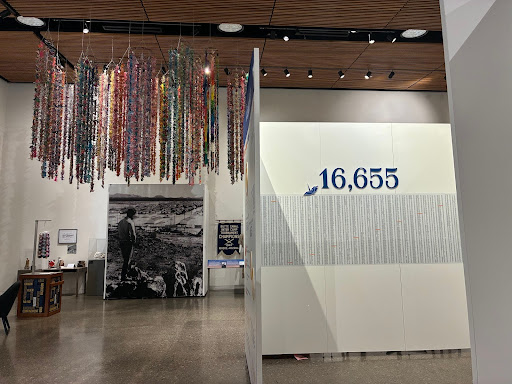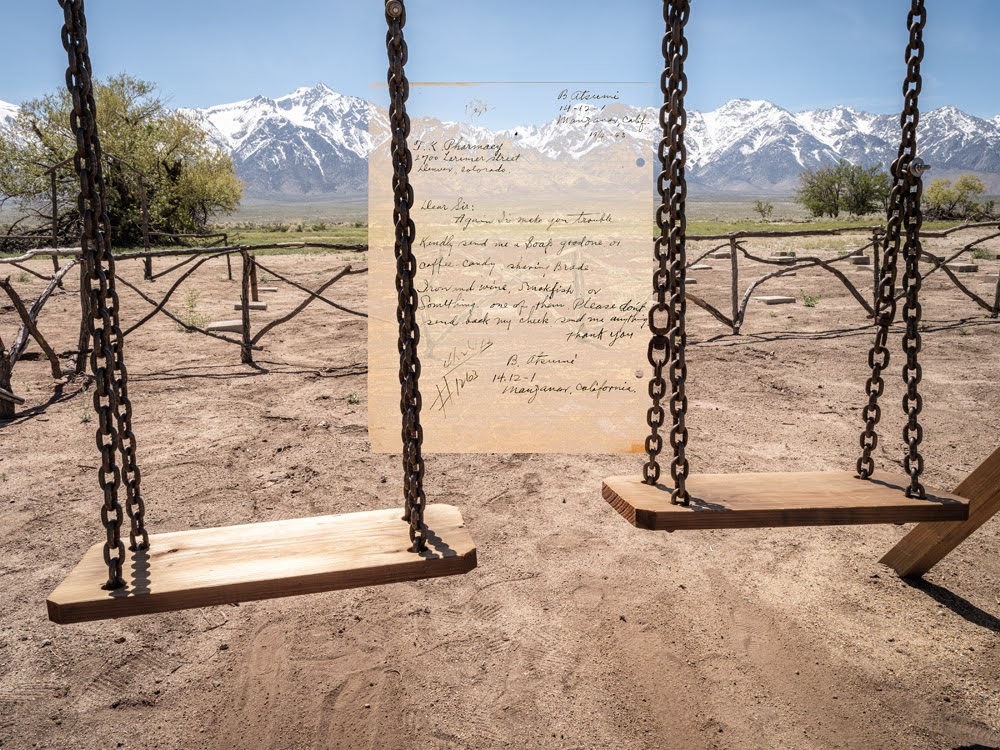Supreme Court hears arguments on ACA subsidies

Mesa Legend
In recent months, there have been a number of lawsuits brought to courts around the nation, challenging various aspects of the Patient Protection and Affordable Care Act (ACA). One significant suit that is currently being deliberated by the Supreme Court is King v. Burwell. If the court rules in favor of the plaintiff, subsidies for insurance policies that have not been purchased through state-run exchanges, but from the federal marketplace, might be rendered invalid. A subsidy, in the case of health insurance, is financial assistance intended for individuals that may be unable to afford an insurance policy otherwise.
“What we do know is, there was an intent for financial assistance to be available,” said Cheryl O’Donnell, Arizona state director for the Get Covered America Campaign. According to HealthCare.gov, the minimum requirement for those residing in a state that expanded Medicaid to qualify for subsidies under the ACA in a single person household is a yearly income between $11,670 and $46,680. “The very first question people ask is ‘how much is this going to cost me?’” O’Donnell said. Millions of people are benefiting from the financial assistance provided by subsidies, according to O’Donnell.
“On average, in the state of Arizona the savings on a policy is $158,” O’Donnell said. However, since Arizona chose to forego establishing a state-run marketplace, the Supreme Court ruling on King v. Burwell could directly impact anyone who received subsidies from coverage purchased through the federal marketplace. “Until this issue gets resolved, consumers should know that this financial assistance is still available to them,” O’Donnell said. Issues such as disruption of coverage and an increase in premiums, caused by a smaller pool of insured contributing to lower overall rates, are some of the effects predicted to result from a finding for the plaintiff, according to a report by the Urban Institute.
If premiums increase to a certain degree, millions of people not previously exempt from the individual mandate would be, as the cost of insurance would exceed 8 percent of family income, according to the same report. “We know that this financial assistance is greatly needed by those seeking it,” O’Donnell said. The report estimates that due to the diminished number of people enrolled in insurance coverage, average premiums could increase by 35 percent in states where the marketplace for insurance is operated by the federal government.
King v. Burwell is not the only lawsuit that could affect the healthcare of Arizona residents, as the Arizona Supreme Court has allowed for a suit that may cripple the Medicaid expansion in the state. In so doing, the minimum income qualifications for subsidies could increase as a result. “People shouldn’t be deterred from getting coverage,” O’Donnell said. Get Covered America is a nonprofit, nonpartisan organization that seeks to educate people about getting insurance. Through their website they offer services like a calculator, which can give people an estimation of the cost of insurance plans based on the information they provide.
With a zip code, estimation of household income, and the number people in the household who need insurance, the calculator provides an estimated range of the monthly insurance cost of plans that would fit one’s budget. The organization also connects those seeking to enroll in an insurance plan with those that can assist in the process. “People who get help completing their application are twice as likely to enroll,” O’Donnell said. To find out about health insurance policies, available through the federal marketplace, visit HealthCare.gov To find out more about the Get Covered America Campaign, visit www.getcoveredamerica.org









